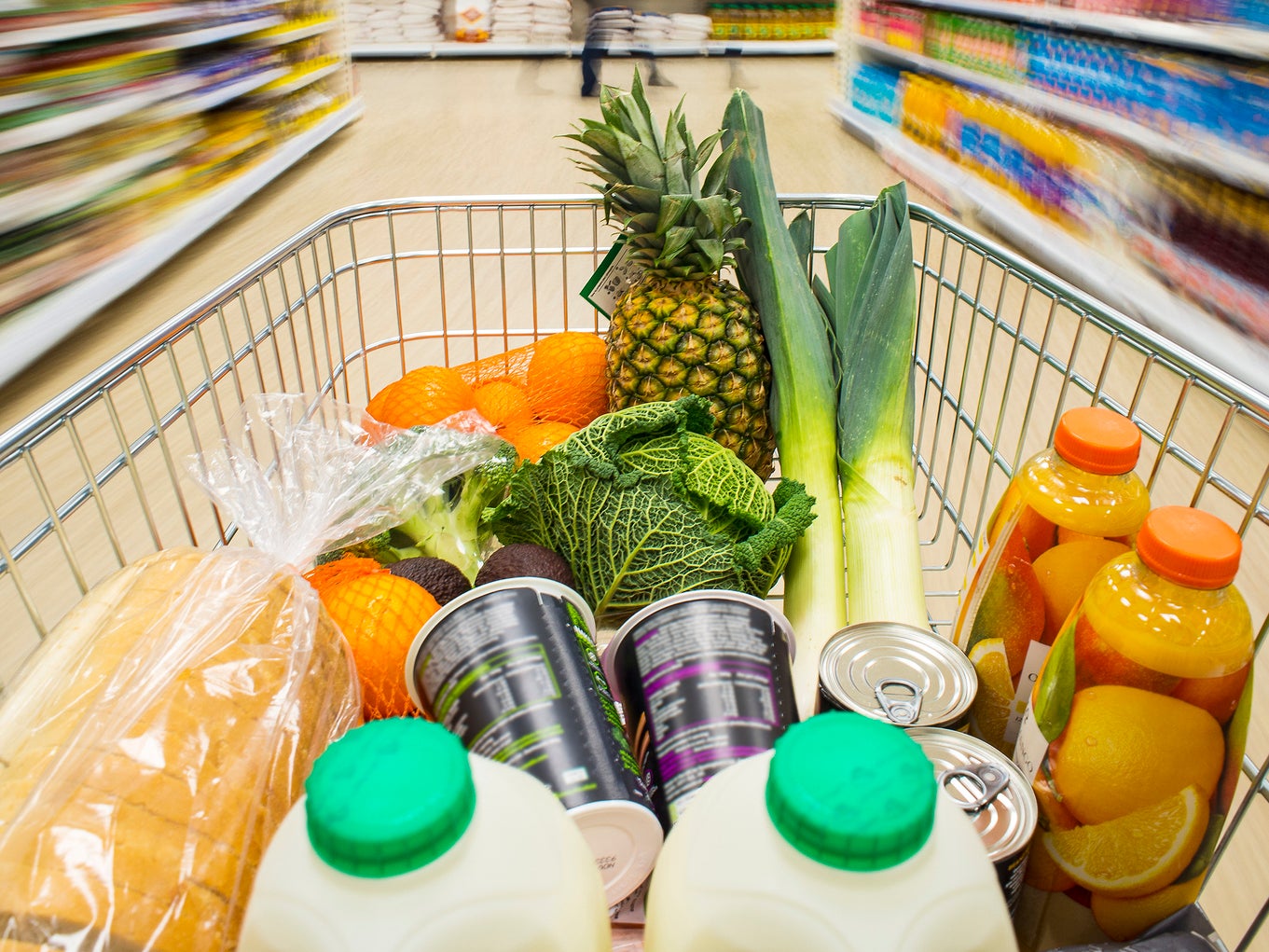‘It doesn’t discriminate’: Shop workers being trained up to spot domestic abuse during lockdown
Experts are teaching staff to notice key signs such as unusual clothing choices for the season and general demeanour to help identify potential victims, says Maya Oppenheim


“I can’t find cotton buds.”
This may seem an innocuous phrase, but campaigners are hoping it could become a lifeline for domestic abuse victims seeking help as part of a plan to introduce code words to identify those at risk of harm.
Staff at Tesco and Boots are receiving training to help them identify domestic abuse victims trapped at home with their abusive partners during the coronavirus crisis.
Visits to the UK’s online national domestic abuse service surged by 700 per cent in a single day last month and a report released by MPs earlier in the week revealed domestic abuse killings doubled over 21 days.
Johanna Beresford, who is spearheading the training programme alongside other domestic abuse charities, tells The Independent they are hoping to “demystify myths” of domestic abuse for those having contact with the public.
“It happens across all sections of society. It doesn’t discriminate on our race, ethnicity, or class,” she says.
“We are providing people with information from previous scenarios so they can spot signs, know things to say and how to point someone in the right direction. One thing to look for is whether someone is going in very regularly to a store and only buying one or two items once or twice a day,” she adds.
Staff are also being shown how to identify physical signs of abuse such as noticing if “someone is dressed in a way that doesn’t mirror the weather, like wearing jumpers when it’s hot as maybe they are hiding bruises”.
“If they seem very withdrawn or anxious as they are walking around the supermarket or pharmacy, or won’t look at you look when you serve them as they’re too nervous – these could also be signs of domestic abuse.”
Beresford says there are questions around how to ensure code words are properly publicised to victims without perpetrators also becoming aware of the phrases.
“In the UK, many supermarkets are only allowing one person in at a time, so abuse victims will be going in on their own,” she adds. “We can publicise the code words through charities making the information available on their websites. We are also discussing a different code word for delivery companies who drop food off.”
Beresford says the training is going to be rolled out within the next few weeks after having been tested on pharmacists and retail workers at Boots.
“There was a really high uptake in the pilot phase and staff are keen to get involved,” she adds. ”We hope to roll it out to other shops and restaurants as they open. Covid-19 is heightening instances of domestic abuse across the globe. These women would previously go and see a neighbour, or go to work, or drop the kids off at school to get some form of break.”
Laura Dix, national community engagement manager at Women’s Aid, a lead domestic abuse charity involved in the training, says the lockdown is not only escalating domestic abuse but also blocking paths to safety.
“The response a woman experiencing domestic abuse gets when she reaches out for help is absolutely critical – so training for staff who work in supermarkets and pharmacies will be essential to ensure they provide survivors with a safe and supportive response,” Dix says.
“The government is exploring how a ‘code word scheme’ could work and we hope it will listen to the experience of Women’s Aid and other specialist services to ensure this works safely. We know communities can be gateways to support for survivors and this is starkly clear as we cope with the pandemic. It is important that, as well as clear government advice that survivors can leave home, we ensure shops, pharmacies and other places that women experiencing domestic abuse may be accessing are equipped to respond if help is needed.”
Boots pharmacies have launched a scheme whereby victims of abuse can contact specialist domestic abuse services for advice inside consultation rooms.
Lyndsey Dearlove, of Hestia, a domestic abuse charity involved in the project, says: “Self-isolation offers a new method of control over victims making it very difficult for them to seek support.
“We recognise that key workers in pharmacies hold a unique position within the community as a single point of contact for victims. We hope more pharmacies will follow Boots’ lead and join the Safe Space initiative. Although we are in a period of lockdown and isolation, our message to victims is domestic abuse services are open and we can help you.”
Boots’ scheme to create safe spaces has gained the backing of the Royal Pharmaceutical Society and the General Pharmaceutical Council who have urged other pharmacies to follow their lead.
Anyone who requires help or support can contact the National Domestic Abuse Helpline which is open 24/7 365 days per year on 0808 2000 247 or via their website https://www.nationaldahelpline.org.uk/
Join our commenting forum
Join thought-provoking conversations, follow other Independent readers and see their replies
Comments